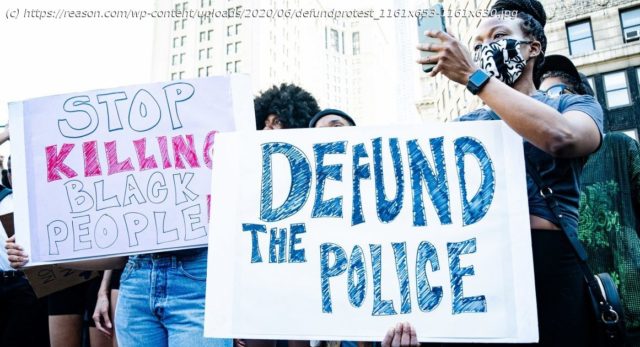The police aren’t good at solving crime in general, regardless of the victim’s race, ethnicity, or income. Making this about «privilege» actually undercuts the strength of the argument.
Just a tip here: If you’re trying to sell a concept that sounds as radical as defunding or abolishing police, you shouldn’t use extremely loaded attack words like «privilege» in response to people’s fears that they won’t get assistance when they’re victims of crimes.
Circulating through the internet today is a clip of an interview between CNN’s Alisyn Camerota and Minneapolis City Council President Lisa Bender. Over the weekend, Minneapolis City Council members announced that they had enough votes to dismantle the city’s police department and restructure it with an alternative system that Bender said would «actually keep us safe.»
It’s still not entirely clear what this alternative system will be. Given an opportunity to explain a bit further on CNN, Bender stumbled a bit. Camerota bluntly asked Bender who people are going to call when their home is broken into. Bender should have been very prepared for this question. Here’s how she responded:
The first sentence of her response has been snipped out and circulated on Twitter as evidence that the #DefundPolice movement is yet another «social justice» trend that is intended to attack white people rather than to fix social problems.
The full context of the whole quote is better, and the earlier parts of the interview (you can watch it here) express the basic idea more capably. The message that Bender is trying to get across is that for many Americans, the police actually aren’t terribly effective at either stopping or solving crimes. Plenty of data back that up.
But here’s the thing: The police actually aren’t terribly effective at solving crime in general, regardless of the victim’s race, ethnicity, or income.
Домой
United States
USA — Science The Case for Defunding Police Shouldn't Depend on How Much Privilege You...






